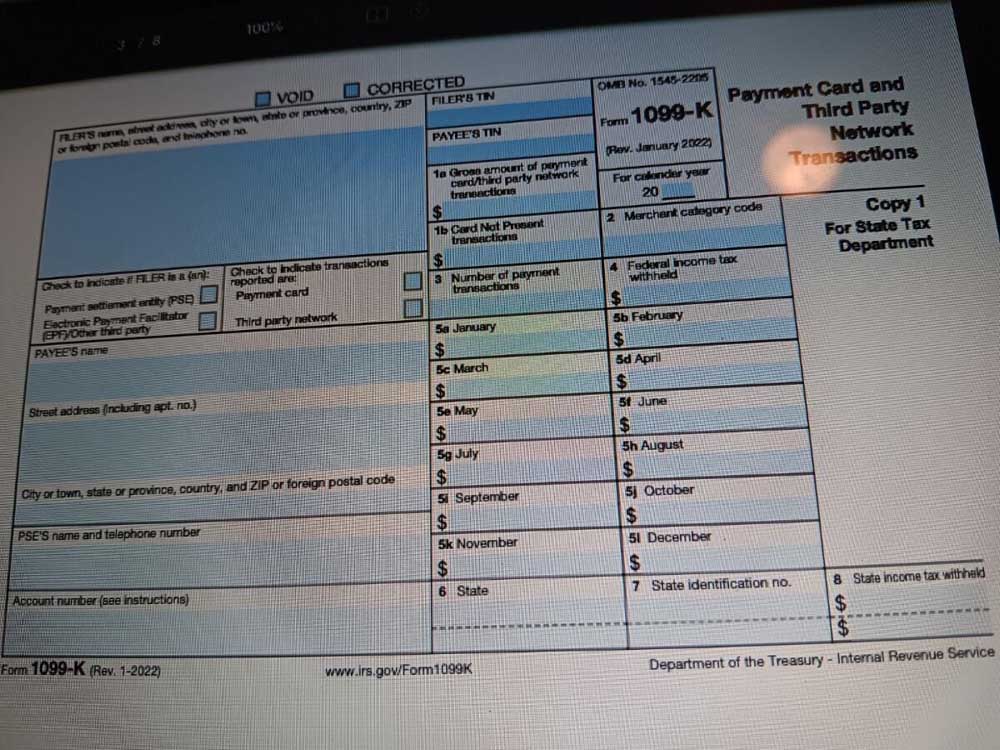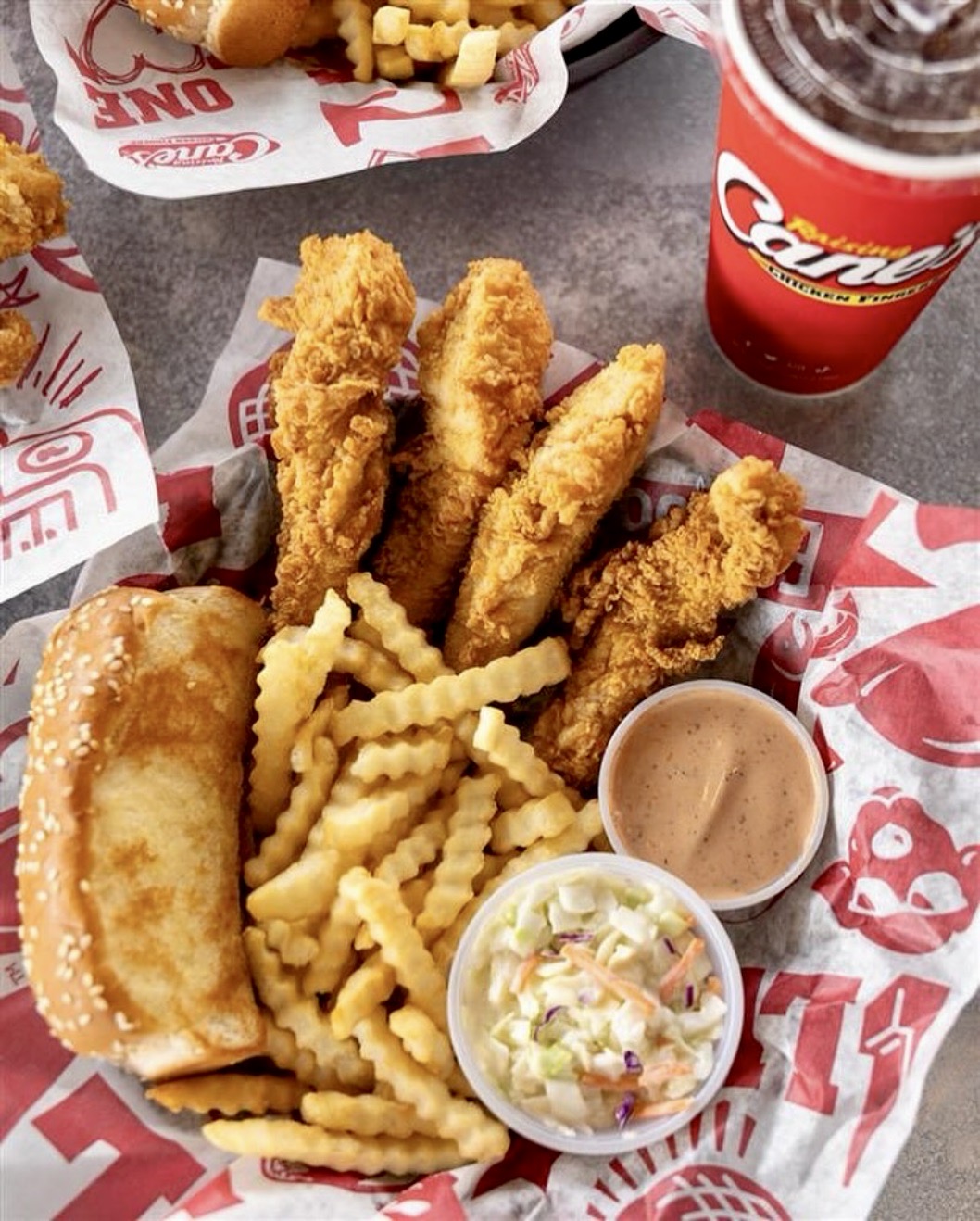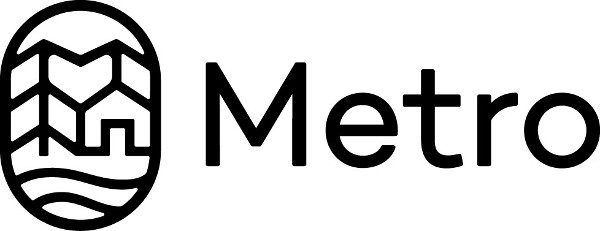OPINION: New 1099-K reporting threshold could extinguish Oregonians’ entrepreneurial spark
Published 1:00 pm Monday, October 30, 2023

- If you’re planning to make more than $600 in online sales in 2024, you should get familiar with Form 1099-K.
I’ve been a card collector since I was a kid, and in eighth grade, I started selling cards online on my mom’s eBay account (with her permission). By the time I hit college, it had turned into a business and soon after graduation, I was off and running in the retail world and now have two stores, plus a large eBay presence.
Trending
I was able to pursue my passion and entrepreneurial dreams, but unless Congress acts to fix the IRS’s new reporting requirements for online sales, other Oregonians may not be able to do the same.
That’s because the annual sales threshold that triggers extra IRS scrutiny has been lowered to $600 from $20,000 (and 200 transactions), and starting next year, millions of people are going to have their low-dollar online sales reported to the IRS — even if they’re just selling their own stuff and won’t owe a dollar in taxes. They’ll get a confusing tax form, and like me when I started out, they probably can’t afford an accountant to call and help them figure out what to do with it. The thought of a tax form could cause them to think twice about selling in the first place.
In my industry, this new threshold will really hurt the small collectors, who in my opinion, are the most important because they stick around the longest.
Trending
The liquidity of not just the collectible cards industry, but other industries as well, could be in jeopardy as the $600 threshold causes people to sit on their items, rather than sell because they don’t want a tax form.
One of the best things about online marketplaces is that people are able to explore their passions with little financial investment required, but the idea of a 1099-K form will make it tough for people to do that, no matter if it’s selling cards, or antiques, or model airplanes.
Others don’t want to be occasional sellers; they have dreams of starting their own business, but it’s hard for people to do that in today’s economy.
It’s expensive to start a retail business and get retail space and inventory. Many people lack the capital, funding, or credit history that’s needed, in particular underprivileged and minority groups.
But eBay offers financial freedom — and that’s huge. The platform helps sellers learn how to list items online, fulfill orders, interact with customers, and figure out advertising for their business — all from items just sitting around the house. It’s one of the most important parts of eBay, and I learned a great deal as I was getting started. I’m disappointed that other would-be entrepreneurs may never take that first step because of this low $600 threshold.
eBay’s CEO likes to talk about accidental entrepreneurs — sellers who turn their passion into a business — and chances are, you’ve bought something from one of them. Under the new 1099-K provision, however, there’s no room for growth, so they may just fade away, and that would be a shame because they are living their American Dream.
I had the opportunity to travel to Washington, D.C., and discuss the 1099-K issue with our representatives, including Sen. Ron Wyden. They were all receptive as I tried to drive home the point that in our industry there is so much worry around filing taxes because people just don’t know what to do. They’re intimidated by complex and confusing tax forms, and now another one could be thrown in the mix? It doesn’t make sense to me.
There must be a reasonable alternative, a middle ground between $20,000 and $600 dollars that lawmakers could agree on before the end of the year, but time is running out. We need action before a 1099-K form extinguishes Oregonians’ entrepreneurial spark.







